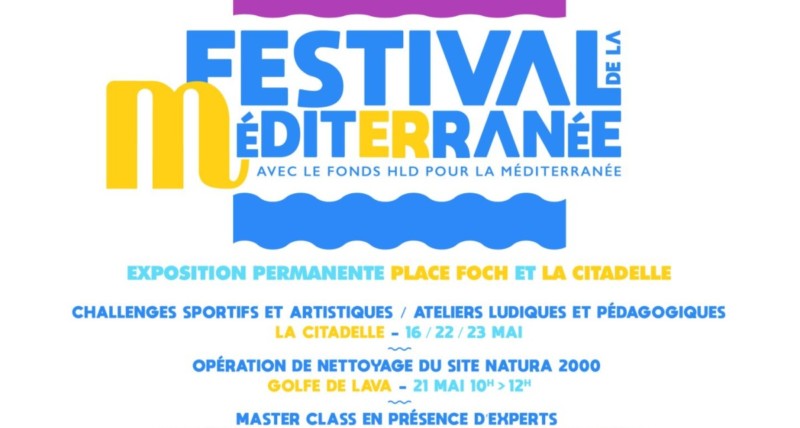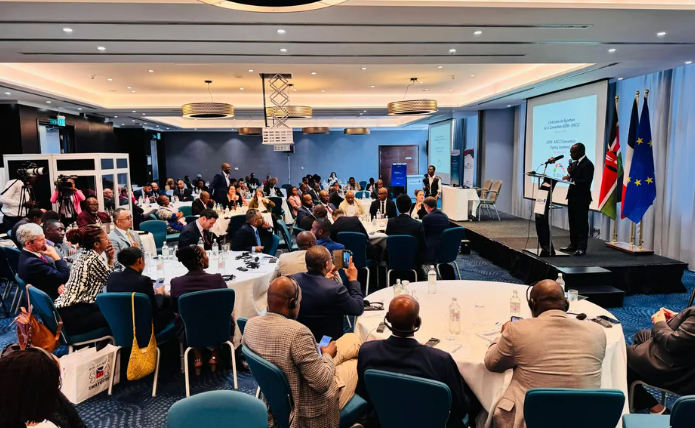Tunis hosted the closing conference of the Co-Evolve4BG project on October 25th and 26th, 2023. This project aims to analyze and promote the co-evolution of human activities and natural systems in coastal tourist areas, enabling sustainable development of tourism activities based on the principles of Integrated Coastal Zone Management (ICZM) and the promotion of blue growth in the Mediterranean.
This project, coordinated by the National Institute of Marine Sciences and Technologies (INSTM) and co-financed by the European Union under the ENI CBC « Mediterranean Sea Basin » Programme, is part of a larger program called « Med Coast for Blue Growth – MC4BG », endorsed by the 43 countries of the Union for the Mediterranean (UfM).
Nine partners from the Mediterranean region are involved in the Co-Evolve4BG project, which is a 4-year initiative launched in September 2019. The consortium includes the National Institute of Marine Sciences and Technologies (Tunisia) as the lead partner, the Lazio Region (Italy), the Eastern Macedonia and Thrace Region (Greece), the University of Murcia (Spain), the Valenciaport Foundation (Spain), the National Agency for Environmental Protection (Tunisia), the Ministry of Public Works and Transport (Lebanon), the AL-MIDAN association (Lebanon), and the AMWAJ association (Lebanon).
According to Béchir Béjaoui, coordinator of the Co-Evolve4BG project and representative of INSTM, « The project’s actions aim to enhance the development of sustainable coastal and maritime tourism by harnessing the potential of the blue economy, while promoting the creation of business opportunities and jobs in services related to this type of tourism, coastal management, and adaptation to climate change. »
An exhibition showcasing various projects launched within this framework took place on October 26th, 2023, alongside a competition-voting for the best initiatives planned at the national level.
Key activities carried out within the framework of the Co-Evolve4BG project include:
- An integrated analysis of « threats and favorable factors » to sustainable tourism development in the Mediterranean, focusing on pilot areas: Sousse and Djerba (Tunisia), Cercio (Italy), Alexandroupoli and Samothrace (Greece), Murcia (Spain), Batroun (Lebanon), and Tyre (Lebanon).
- A « Toolkit » gathering all indicators for assessing the sustainability of tourist activities on both shores of the Mediterranean. These indicators are reusable and adaptable over time and involve various tourism management stakeholders.
- Action Plans in Tunisia, Italy, Greece, Spain, and Lebanon to promote sustainable tourism. These action plans are developed in partnership with stakeholders through a participatory approach. Each partner has developed its action plan and has begun implementing the main lines or a significant part of its strategy according to its needs and the specificities of the pilot sites.




